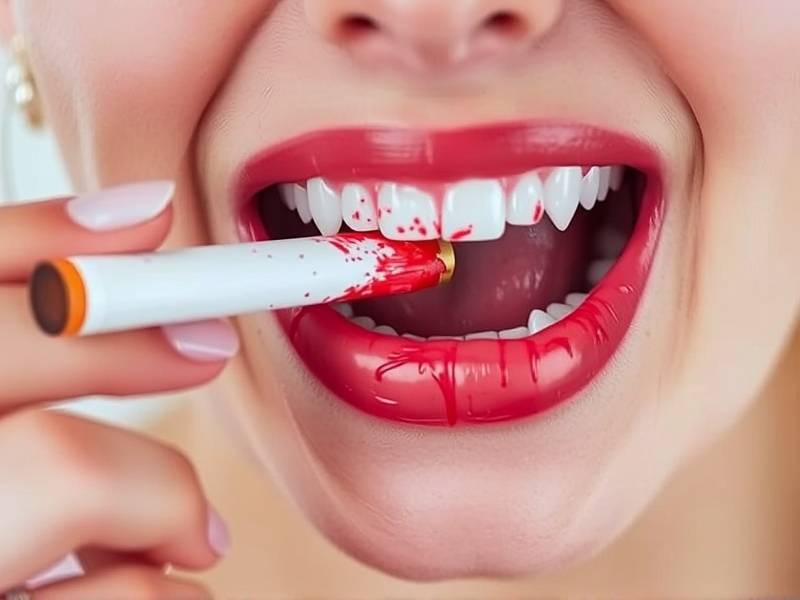Do Gums Bleed After Quitting Smoking? The Truth You Need to Know
Do Gums Bleed After Quitting Smoking? The Truth You Need to Know
Introduction: Quitting smoking is a significant step towards improving one's health. However, many individuals are concerned about the changes in their oral health after quitting. One common concern is whether gums start to bleed after quitting smoking. In this article, we will explore the truth behind this question and provide you with the information you need to know.
Understanding Gum Bleeding:

Gum bleeding is a common issue among smokers due to chronic inflammation and poor oral hygiene. When you quit smoking, your gums may experience some changes as they heal and regenerate.

What Causes Gum Bleeding After Quitting Smoking?
- Healing Process: As your gums heal from the damage caused by smoking, they may become more sensitive and prone to bleeding.
- Improved Blood Circulation: Quitting smoking improves blood circulation in your gums, making them more reactive and prone to bleeding initially.
- Better Hygiene: With improved oral hygiene practices, you may start noticing more gum bleeding as plaque and tartar are removed.
Is Gum Bleeding Normal?
Yes, gum bleeding can be a normal part of the healing process after quitting smoking. However, it's essential to differentiate between normal gum bleeding and signs of gum disease.
How Long Does Gum Bleeding Last After Quitting Smoking?
Gum bleeding typically subsides within a few weeks to a few months after quitting smoking. The duration depends on various factors, including the severity of gum disease before quitting and your commitment to maintaining good oral hygiene.
Tips for Reducing Gum Bleeding After Quitting Smoking:
- Brush Your Teeth Regularly: Brush your teeth at least twice a day using a soft-bristled brush.
- Floss Daily: Flossing removes food particles and plaque from between your teeth and along the gumline.
- Use Antiseptic Mouthwash: An antiseptic mouthwash can help reduce inflammation and promote healing.
- Visit Your Dentist Regularly: Regular dental check-ups can help monitor your gum health and address any concerns promptly.
Conclusion:
Gum bleeding after quitting smoking is a common concern but usually resolves as your gums heal. By maintaining good oral hygiene practices and visiting your dentist regularly, you can ensure a healthy smile while on your journey to quit smoking. Remember that quitting smoking is a significant step towards better health, both for your mouth and overall well-being.
